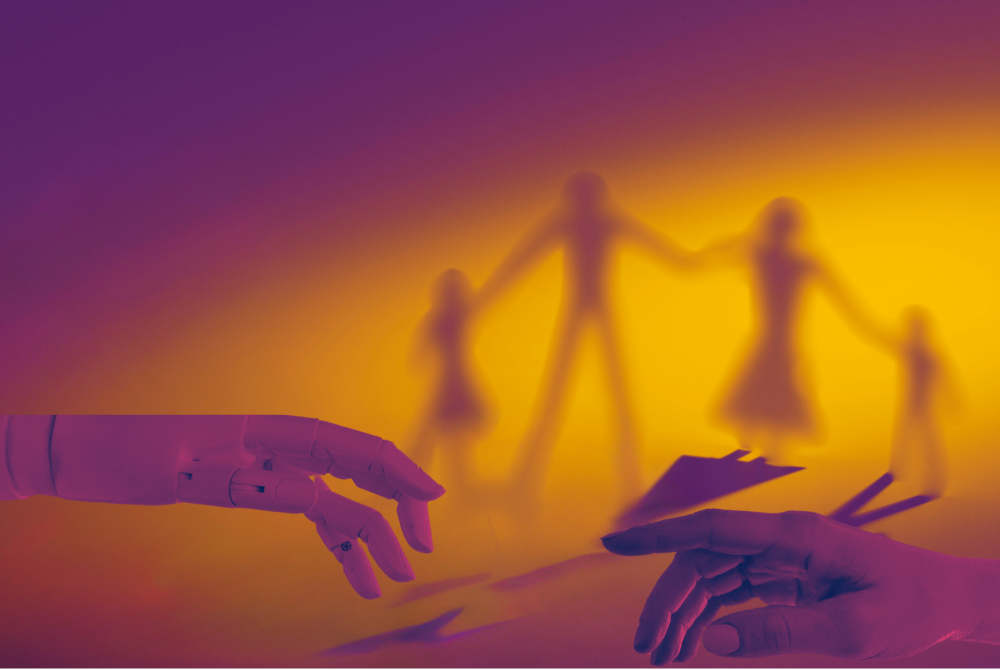Does AI sideline the role of parents?
MUHIDIN ARIFIN
GONE are the days of idolising celebrities from afar.
Approaching figures like Elon Musk, Beyoncé, or Vladimir Putin seemed impossible—they were closely guarded.
However, artificial intelligence (AI) has made it easier for people to connect with high-profile personalities.
Now, anyone can interact with these figures through the Character.ai app, a popular platform that allows users to create chatbots based on fictional characters or real identities.
A recent revelation by BBC News highlighted a new phenomenon where individuals, especially teenagers aged between 16 and 20, are expressing their feelings to AI.
In essence, AI has become a "therapy expert" or a "reference expert" for everyone.
The concept involves using chatbots, which are autonomous programs on the internet or other networks capable of interacting with systems, other users, or companies.
These chatbots use online data as input to portray a character, allowing users to engage in conversations with figures like Beyoncé or Musk.
One popular application within this trend is Psychologist, created by Character.ai, which has gained popularity among teenagers.
According to reports, 78 million messages have been exchanged since its launch, with an increase of 18 million messages between November and December of last year.
Character.ai receives 3.5 million daily visitors to the app, offering 475 chatbots with various names, including Therapy, Therapist, Psychiatrist, or Psychologist, providing services in multiple languages.
The Psychologist chatbot alone receives 12 million messages per day, while the chatbot "Are you feeling OK?" receives 16.5 million messages daily.
These chatbots typically use Conversational AI (CAI) technology, which communicates with humans using real-time data, machine learning, and natural language processing (NLP) to simulate human interactions.
Character.ai, including Psychologist and Woebot, is expected to reach a value of $1.25 billion by 2025.
This financial success raises concerns about the diminishing role of humans in problem-solving scenarios.
Sam Zaia, the creator of Psychologist from New Zealand, believed that the application eliminated the need to share feelings with friends due to the high cost of human therapy.
However, the unexpected success of Psychologist has surprised Zaia.
While AI applications bring convenience, it raises questions about the impact of this trend on society if not properly managed.
A generation with a weak foundation in knowledge and critical thinking may fully rely on AI, leading to a decline in the roles of parents, teachers, counsellors, or peers.
Schools may need to adjust their curriculum to maintain relevance.
In this scenario, mentors at the university level may become facilitators of learning and teaching guidance.
Ultimately, there could be a crisis of trust between parents and children, as the habit of sharing problems with parents may diminish.
The author stresses the importance of incorporating human involvement in AI applications in Malaysia to maintain a balance and prevent a complete takeover by robots.
Dr Muhidin Arifin is the Chief Operating Officer of the Selangor Technical Skills Development Centre (STDC).
The views expressed in this article are the author's own and do not necessarily reflect those of Sinar Daily.
Download Sinar Daily application.Click Here!














